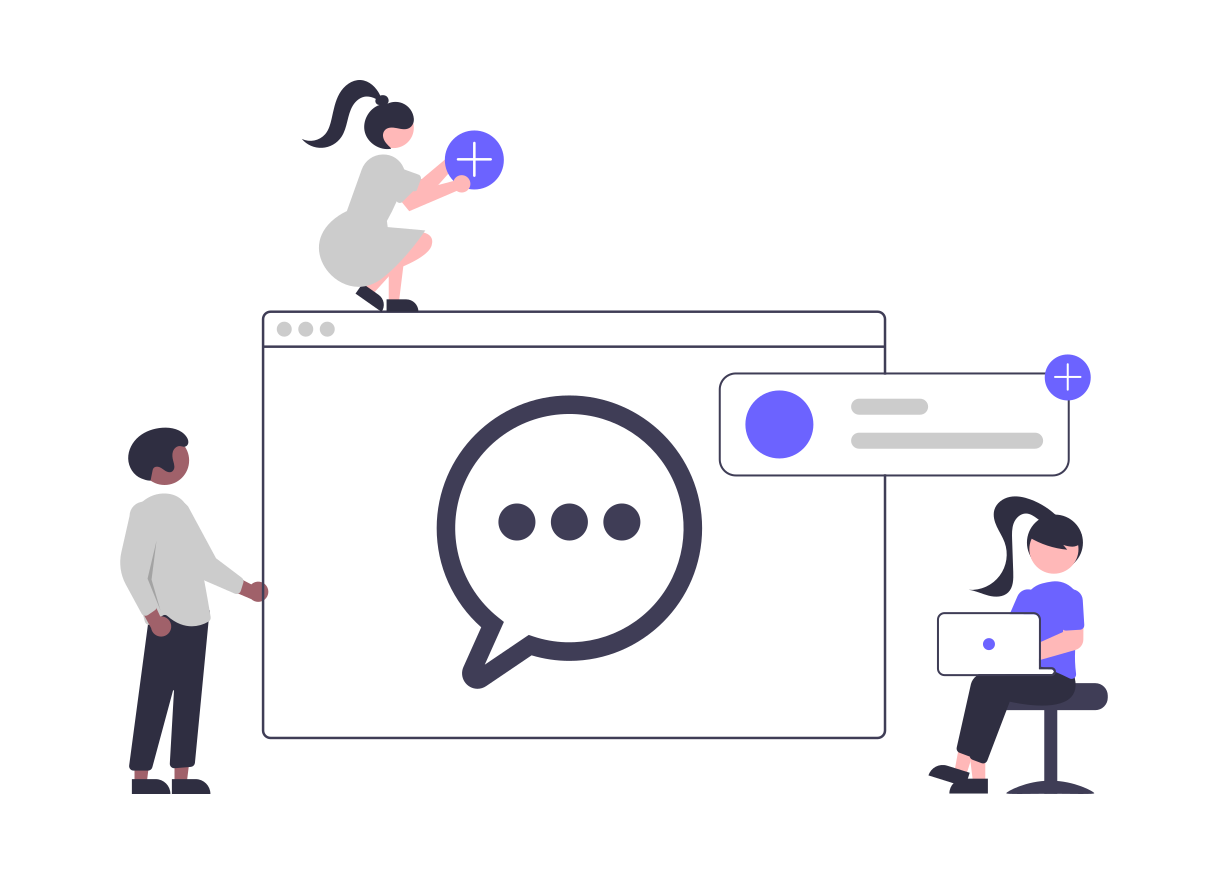In today’s fast-paced digital landscape, consumers expect instant, personalized interactions. Companies that deliver tailored experiences in real-time stand out from the competition, driving engagement and loyalty. This is where AI-powered real-time personalization comes into play. By leveraging advanced algorithms and machine learning, businesses can create highly customized experiences that resonate with their audience on an individual level. This blog explores the transformative power of real-time personalization, the role of AI, and how businesses can implement these technologies to stay ahead.
The Importance of Real-Time Personalization
Real-time personalization is the ability to deliver individualized content and experiences to users as they interact with your brand. This approach is crucial because it meets the modern consumer’s expectation for immediacy and relevance. According to a study by Epsilon, 80% of consumers are more likely to make a purchase when brands offer personalized experiences. Moreover, real-time personalization can significantly improve customer satisfaction and loyalty, as it shows customers that you understand and value their unique preferences and needs.
How AI Powers Real-Time Personalization
AI and machine learning are at the heart of real-time personalization. These technologies analyze vast amounts of data in real time, learning from user behavior to deliver the most relevant content, offers, and interactions. Here are some key AI technologies driving real-time personalization:
- Predictive Analytics: AI uses historical data to predict future behaviors, enabling businesses to anticipate what customers might want next. This helps in delivering timely and relevant content or offers.
- Natural Language Processing (NLP): NLP allows AI systems to understand and interpret human language, enabling more meaningful interactions. This technology is crucial for chatbots and virtual assistants that provide personalized support and recommendations.
- Recommendation Engines: These systems use algorithms to analyze user data and suggest products or content that match individual preferences, similar to how Netflix or Amazon personalize recommendations.
- Behavioral Targeting: AI tracks user behavior across various channels and touchpoints, allowing businesses to deliver personalized experiences based on real-time actions.
Implementing Real-Time Personalization in Your Business
To effectively implement real-time personalization, businesses need a strategic approach that integrates AI technologies with their marketing and customer engagement strategies. Here are some steps to get started:
- Data Collection and Integration: Collect data from various sources such as website interactions, CRM systems, social media, and more. Integrate this data into a centralized platform for comprehensive analysis.
- Segmentation and Targeting: Use AI to segment your audience based on behaviors, preferences, and demographics. This enables more precise targeting and personalization.
- Content Personalization: Develop dynamic content that can be tailored in real time to meet the specific needs of different audience segments. This includes personalized emails, web pages, and advertisements.
- A/B Testing and Optimization: Continuously test different personalization strategies to identify what works best. Use AI to analyze results and optimize your approach for better performance.
- AI-Powered Tools: Leverage AI-powered tools such as chatbots, recommendation engines, and predictive analytics to enhance your personalization efforts.
Challenges and Considerations
While AI-driven real-time personalization offers numerous benefits, there are also challenges to consider. Data privacy is a major concern, and businesses must ensure they comply with regulations such as GDPR and CCPA. Additionally, implementing AI technologies requires significant investment in infrastructure and expertise.
Future of Real-Time Personalization
The future of real-time personalization lies in further advancements in AI and machine learning. As these technologies become more sophisticated, businesses will be able to deliver even more precise and relevant experiences. The integration of AI with emerging technologies like augmented reality (AR) and the Internet of Things (IoT) will further enhance personalization, creating seamless and immersive customer experiences.
Conclusion
Real-time personalization powered by AI is revolutionizing how businesses interact with their customers. By delivering instant, customized experiences, companies can drive engagement, satisfaction, and loyalty. As AI technologies continue to evolve, the potential for even more personalized and impactful interactions will only grow. Embracing these innovations now will position businesses to lead in the competitive landscape of tomorrow.


